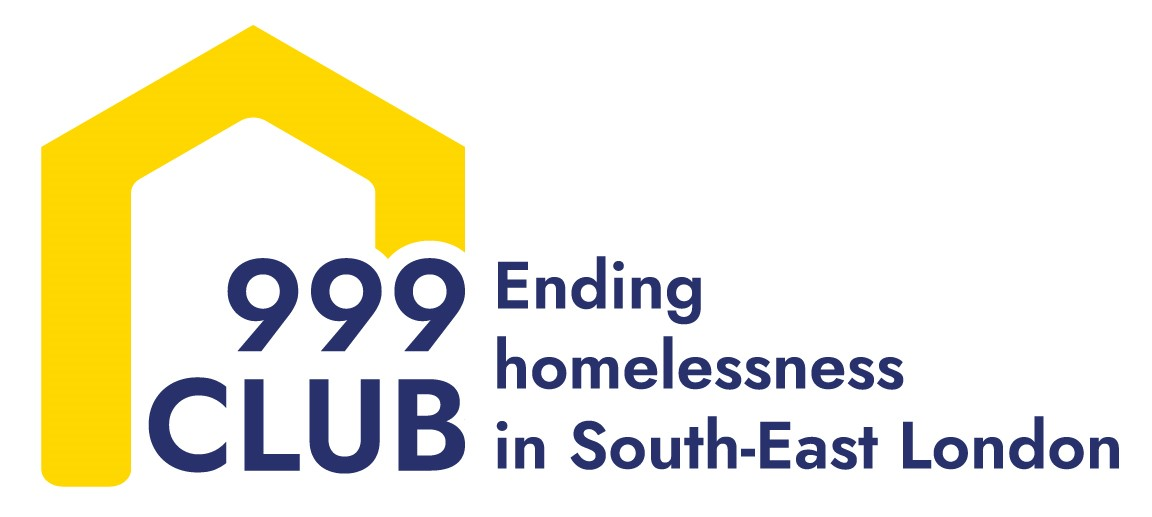If your job is to support people experiencing homelessness, you should expect to get shouted at. If you try to stop this happening you will provide a less effective service.
Many people who experience homelessness have had traumatic experiences, they have been let down by other services and they face barriers that most people cannot imagine.
Although many people are resilient and withdrawn as a result of these experiences, it is not surprising that when people find themselves in these situations, they get angry, upset or frustrated. When people are angry, upset or frustrated they shout. It may not be fair or the right person to be shouting at, but they do shout.
Services that attempt to stop people who express their feelings in this way from using their services will end up not supporting people who most need those services. They will ban people who have difficulty regulating their emotions, they will ban people who are scarred and confused and hopeless. They will ban the people that their service is meant to support.
More than this, a certain type of shouting is a sign that a worker is doing their job. If someone feels comfortable and safe with their support worker, they may start to explain not just their circumstances and their goals but also their experiences and their feelings about these experiences. This may lead to them reviving these feelings and becoming angry all over again.
At 999 Club, I recently heard someone explaining their experiences with accommodation for migrants and refugees. As they talked through the various forms of degradation and humiliation they had experienced on a daily basis, they became angrier and angrier. By the end they were shouting as they described what sounded close to torture.
I took this as a sign that their worker had create a safe space where this person was able to talk through their experiences. I took this as a sign that the worker was doing their job well. In fact, this experience led to the establishment of a productive rapport between this person and their worker. This has helped as together they navigate the complex and interrelated housing and migration systems.
It is not pleasant to be shouted out. It is unpleasant. Being shouted at can have a severe negative impact on someone’s wellbeing and certain types of shouting are unacceptable. There are good reasons to exclude people from a service if they intimidate a member of staff or insults them. It is tempting for managers of services to excluded people who shout at workers, but a blanket policy is not the best approach for either the people using the service or the member of staff.
There are far better ways to support staff wellbeing, including, decent pay and time off, training including in trauma informed care, reflective practice and supportive management. These approaches will enable staff to provide high quality support while at the same time preserving their own wellbeing and gaining the satisfaction of a job well done.
After all, the most satisfying thing about working with people experiencing homelessness, is seeing those people find their own home. Sometimes getting there requires a bit of shouting.

